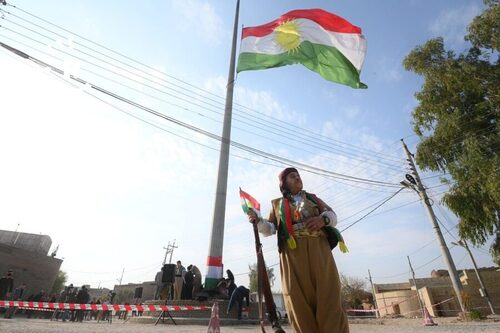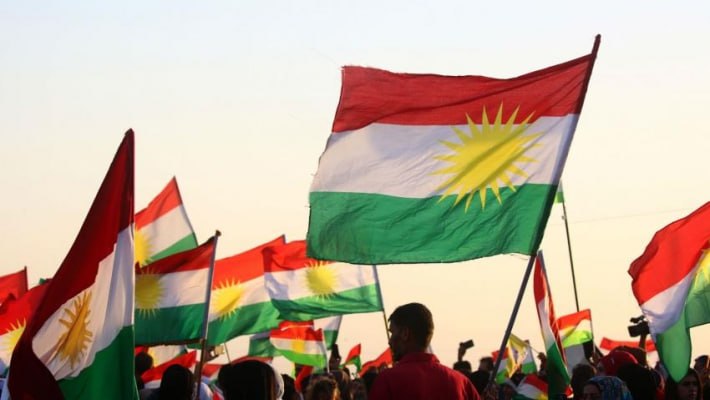Whether Kurdish nationalism or "Kurdishness" is ideology or not, I believe that it is, because, in political science, it cannot be viewed as an option. If European, Turkish, Persian, Latin American nationalism, etc. are ideologies, Kurdish nationalism is also an ideology.

What is Ideology?
Ideology is used in two senses: first, in the narrow sense of the concept of ideology, which includes only radical views and ideas i.e., nationalism, socialism, fascism, and extreme views and beliefs of the left parties i.e., communism. Second, the broad sense of the concept of ideology that includes any intentional theory or any attempt to bring science and politics into a system of belief or in other words, two types of extremist political bureaus such as communism and fascism or more moderate political tendencies such as liberalism and conservatism and other forms of socialist ideas.
Although various definitions of ideology have been presented, all of them have one common point; that ideology is a different thinking system that has an opinion on specific social and political phenomena. This means that ideologies are not neutral regarding these concepts, but rather they are both ideological and try to implement these ideas. Thus, the difference between ideology and a political or social theory can be seen here; theory is used to describe and analyze and finally present a comment or recommendation, however, ideology attempts to present its way and style and, in this way, it needs the components of social and political power.

Is Nationalism an Ideology?
As a political doctrine, nationalism was born in Europe in the early 1800s and gradually entered political and sociological literature. The roots of nationalism as a political belief are linked to the French Revolution (1789) which shaped the main principle of the resistance of oppressed people against tyrannical rule and thus, developed first in Europe and later in Latin America.
Nationalism is regarded as the origin of national and ethnic units as a political ideology and a theoretical and practical basis of a nation.
Although it is not possible to give a certain definition of nationalism, in general, according to Vincent's view of nationalism, we can say: "A group of people who are generally united by some reasons such as living in a common land having common heritage and culture and share common interests in the present to gain common hopes in the future with a common desire to live and protect the state are a national group. Also, all the nationalist ideologies (religious, secular, conservative, radical, imperialist, independence, etc.) have one point in common which is nationalism. " "Vincent" considers nationalism as an ideological movement that seeks to achieve and preserve the independence, unity, and identity of a human population of which there is a group of them who believe they belong to one nation. Nationalism is a modern phenomenon; the fate of every nation is not to go back to the glorious past they had, but rather it is to recreate that ancient spirit in a modern state.
In this regard, nationalism is an ideology and according to the characteristics of ideologies, there is historical evidence that this ideology, like the other ones, has created a humanitarian disaster. Although nationalism has been able to create some states that were based on ethnic features with the state-nation characteristics and at some stages this ideology has been used as a revolution against the oppressors. Thus, nationalism has had the most effect on shaping the new world.

Is Kurdish Nationalism (Kurdishness) an Ideology?
Whether Kurdish nationalism or "Kurdishness" is ideology or not, I believe that it is, because, in political science, it cannot be viewed as an option. If European, Turkish, Persian, Latin American nationalism, etc. are ideologies, Kurdish nationalism is also an ideology.
However, the main point of nationalism or other ideologies is not that because they are ideological, they should be viewed as a cruel and anti-human phenomenon; what is important is the discourses that become popular based on that ideology. In terms of nationalism, both the discourse and the type of nationalism (ethnical, radical, religious or civil, …) are the components of different social structures.
Therefore, Kurdish nationalism or Kurdishness, even though it is an ideology, has always been far from violence. In fact, the other of Kurdish nationalism has never been the dominant nations but were the governments and this has led the Kurdish nationalism to avoid opposing the neighboring nations, unlike their form of nationalism.









